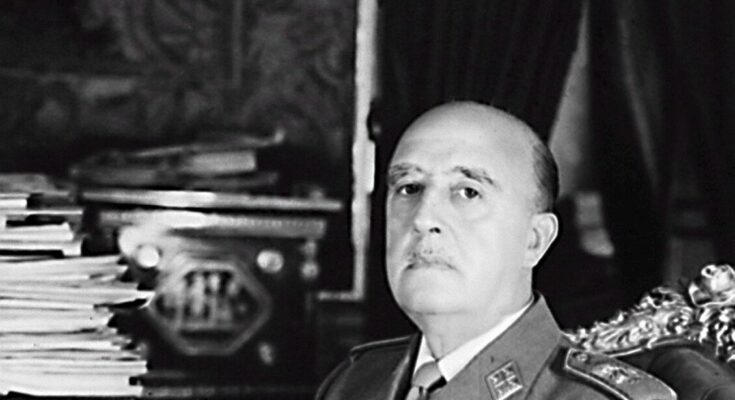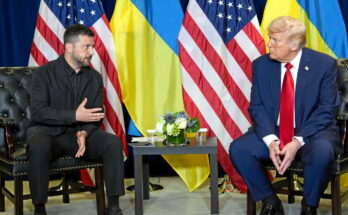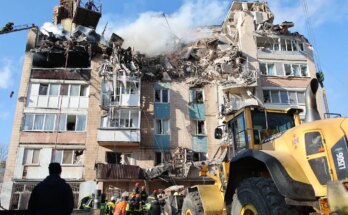Relentless, elusive, transformative. On November 20, 1975, Francisco Franco, the least known dictator of the 20th century, died after a long suffering, as stated by historian Paul Preston in his biography ‘Franco, caudillo de España’ (1993, Harper Collins).
Compared in the life of hagiographers with Caesar, Cid or Napoleon, “Jefe de Estado before God and Fatherland” survived World War II and the Cold War, thanks to a tortuous relationship with Hitler, Mussolini, Churchill, Roosevelt or Eisenhower. But the end of his nearly forty-year-old regime – built on at least 200,000 victims of the Civil War (1936-1939) and repression – although King Juan Carlos I was installed just two days later (22 November) as head of state, groomed by ‘caudillos’ for succession, only came at the end of a complex transition process, culminating in a democratic Constitution in December 1978.
Half a century later, Spain commemorates the return of freedom and the beginning of the most prosperous period in its history amid revisionism, amnesia, and controversy. 17% of young people, according to the sociological research center of the CIS countries, consider democracy “worse” or “much worse” than the Franco dictatorship, which they never experienced. That percentage skyrocketed to 61% among ultra-conservative Vox voters.
Groups nostalgic for the regime, along with Francisco Franco’s Fundacion Nacional – whose dissolution process is open – are preparing events to commemorate the death of the ‘caudillo’. The meeting will coincide with the summit of European ultra-right nationalist organizations in Madrid, including the Alliance for Peace and Freedom (APF), announced on November 23 with the slogan ‘Europe, one, great and free.'” In the midst of it, on Friday November 21, King Felipe VI will lead institutional action at the Congress of Deputies, attended by Juan Carlos, who has been in exile in Abu Dhabi for five years and is a major figure in the recent controversy also caused by the publication in France of his biography ‘Reconciliation’, in which he praises Franco.
With the slogan ‘Spain in freedom. 50 years, the progressive government is also promoting a series of events to commemorate this anniversary. For Prime Minister Pedro Sanchez, in reality, “democracy did not fall from the sky” in Spain, but “democracy is the fruit of the struggle of Spanish men and women, ordinary people and the journeymen of history”. These initiatives have prompted angry reactions from Vox and the fringe group Partido Popular, which increasingly opposes the Democratic Memory law promoted by socialists, aimed at “repairing the historical debt” towards the regime’s victims, which right-wing groups believe contains an attempt to rewrite history in an ideological key.
In the days when Franco was resurrected on the front pages of newspapers, an article in El País by the writer Javier Cercas, entitled “There is nothing to celebrate”, stood out. The author of ‘Anatomy of an Instant’ stated that “with Franco’s death, the anger is not over” and offered reflections on the present. The memory of the transition to democracy, he said, is still divided today between the “pink version”, supported “by the far right and many of the protagonists of that period”, which depicts that historical phase as “an exemplary period of harmony without disunity among elites”, and the “black version” supported “by the far left and separatists”, which he said was the “removal of the despicable façade” of the Franco regime. “There is no need to add that both versions are wrong”, Cercas concluded. According to him, although imperfect, democracy “led to the best fifty years of modern Spain”.
Reproduction protected by law © Copyright ANSA



